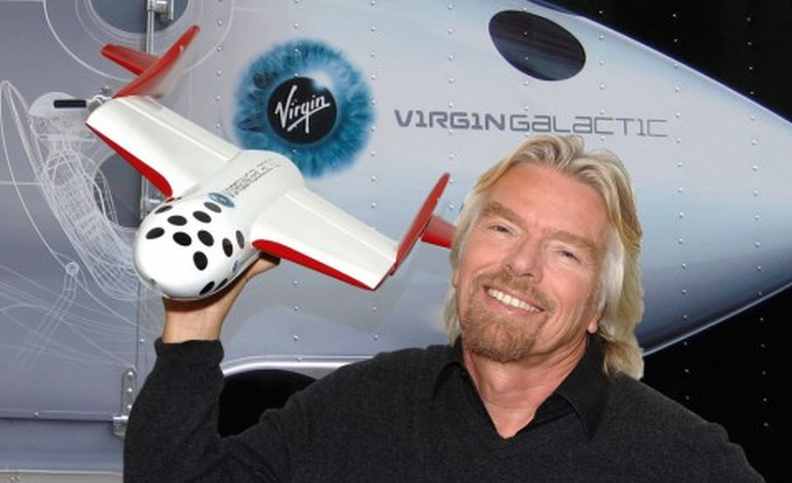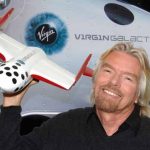Branson’s Virgin Orbit to cease operations and lay off nearly entire workforce after failing to secure funding

British billionaire Sir Richard Branson’s rocket company Virgin Orbit announced it will shut down its operations and terminate nearly all its employees after the company was unable to secure funding.
In an all-hands meeting on Thursday afternoon, CEO Dan Hart informed employees that Virgin Orbit will halt operations “for the foreseeable future” due to its inability to secure funding. As a result, the company will terminate almost all of its workforce.
“Unfortunately, we’ve not been able to secure the funding to provide a clear path for this company,” Hart said, according to audio of the 5 p.m. ET meeting obtained by CNBC. BBC also reported that “Virgin Orbit says it will cut 85% of its workforce after failing to secure new investment.”
“We have no choice but to implement immediate, dramatic, and extremely painful changes,” Hart said, audibly choking up on the call. He added this would be “probably the hardest all-hands that we’ve ever done in my life.”
Hart stated that the company will retain only 100 positions, which is around 10% of the workforce. He also mentioned that the layoffs would impact all teams and departments. In a securities filing, Virgin Orbit reported that the layoffs would amount to 675 positions, which is approximately 85% of its workforce.
“This company, this team — all of you — mean a hell of a lot to me. And I have not, and will not, stop supporting you, whether you’re here on the journey or if you’re elsewhere,” Hart said.
The announcement comes just a week after Virgin Orbit said it was close to raising $200 million from Texas-based venture capital investor Matthew Brown via a private share placement to prepare for its next mission. Three months ago, Virgin Orbit rocket LauncherOne launched from a jumbo jet suffered an anomaly that prevented it to deploy nine small satellites into lower Earth orbit.
Founded in 2017 by billionaire Richard Branson as a subsidiary of Virgin Group, a British multinational conglomerate, Virgin Orbit’s mission is to provide affordable and flexible launch services for small satellites, using a unique air-launch system that enables rockets to be launched mid-flight from a modified Boeing 747 aircraft named “Cosmic Girl”.
The company went public in July 2019 through a special purpose acquisition company (SPAC) deal. The SPAC, named Social Capital Hedosophia, was created by venture capitalist Chamath Palihapitiya and was specifically established to acquire a technology company and take it public.
Through the deal, Virgin Orbit received approximately $480 million in funding, which it planned to use to further develop its small satellite launch capabilities. However, since the SPAC deal, Virgin Orbit has faced financial challenges and has struggled to secure additional funding. As a result, the company’s market capitalization has decreased significantly, as mentioned in the previous question.
Meanwhile, it’s worth noting that the SPAC deal that took Virgin Orbit public is separate from the SPAC deal that Richard Branson’s other space company, Virgin Galactic, used to go public in 2019. The two companies are focused on different areas of the space industry, with Virgin Galactic focusing on space tourism and Virgin Orbit specializing in satellite launches.

